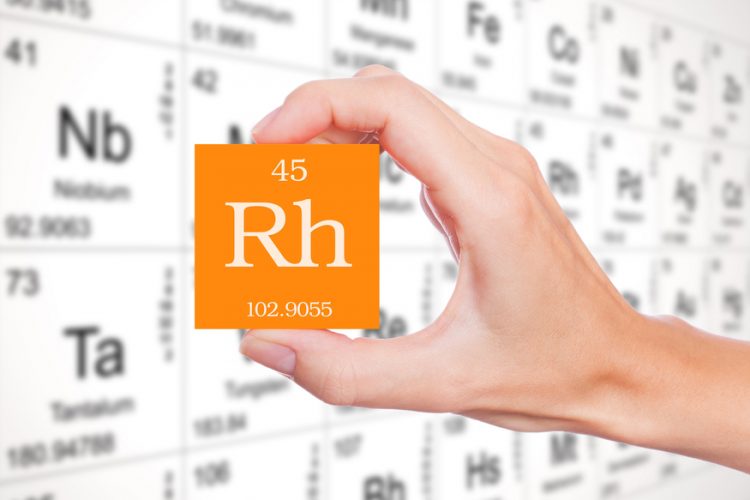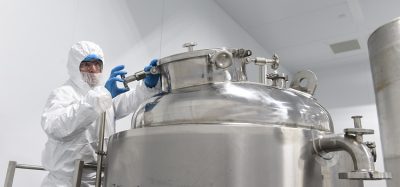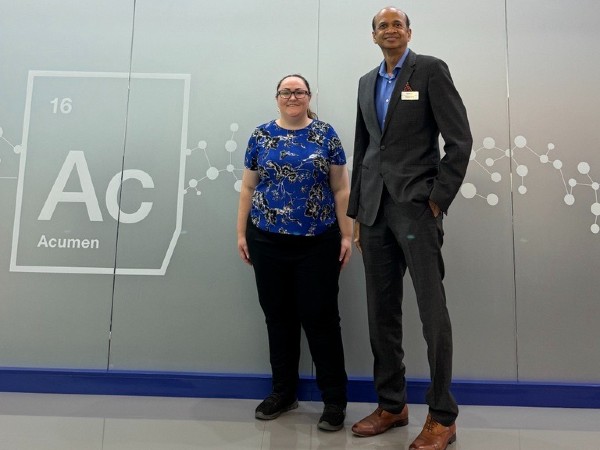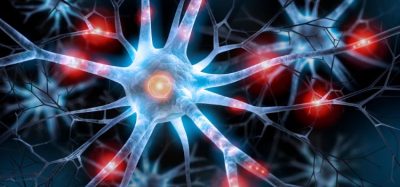Metal simplifies synthesis of antibody drugs
Posted: 24 August 2017 | Dr Zara Kassam (European Pharmaceutical Review) | No comments yet
Scientists have developed a method to efficiently modify natural antibodies that can deliver drugs to target cells…


Scientists have developed a method to efficiently modify natural antibodies that can deliver drugs to target cells.
Researchers at Rice University discovered that rhodium, can be a useful element in the design and preparation of antibody drug conjugates that have become a standard tool for targeted delivery of drugs such as chemotherapeutics. They developed a unique multi-metallic protein that acts like an enzyme to catalyse the action of a wide variety of antibodies. The simple process will allow labs to test the relative function of a variety of antibody sources and antigen targets to see which will work best on a tumour cell.
The key to the design is having three rhodium complexes attached to specific sites of a protein that binds to the constant (Fc) antibody region. Once bound, this multi-metallic peptide catalyses site-specific attachment of therapeutic agents with minimal disruption to the antibody itself. The lab tested its complexes on breast cancer cells and confirmed that the modified antibodies retained their antigen-binding properties.
“The beauty of this catalyst is that it binds to the constant region of the antibody, so it should be broadly general for all human antibodies,” said Dr Ball, an Associate Professor of Chemistry and Director of Rice’s Institute of Biosciences and Bioengineering. “We have a single, universal cassette system that plugs into antibodies to make drug conjugates fairly quickly and easily.”
The technique is meant to simplify what has been a complicated path to antibody drug conjugates. “To do selective chemistry on natural antibodies without first engineering their sequences has been an unsolved problem,” Dr Ball said. “Purely random conjugation can be valuable, but it’s hard to understand structure-activity relationships when you don’t have a single structure; you get an ensemble of molecules with an ensemble of properties.” He said homogeneous conjugates are more desirable from a regulatory perspective as well.
His lab has extensive experience with the interplay of proteins and transition metals, a group of elements in the centre of the periodic table, including rhodium, with diverse chemical reactivity.
The rhodium complexes in Dr Ball and Dr Ohata’s metalloprotein play multiple roles. “At least one of the rhodium complexes binds to and helps orient the system properly, and a second one does the bond-forming chemistry,” said Dr Ball. “It’s just a fascinating chemical problem,” he said. “We’ve solved a lot of small-molecule selectivity problems, but when chemists move to bigger and bigger systems, the traditional approaches aren’t sufficient.”
Dr Ball’s lab is beginning to work with Texas Medical Centre collaborators to test the new catalyst. “We want to get these in the hands of clinicians and drug development people to see what these conjugates can do,” he said. The research appears in the Journal of the American Chemical Society.








